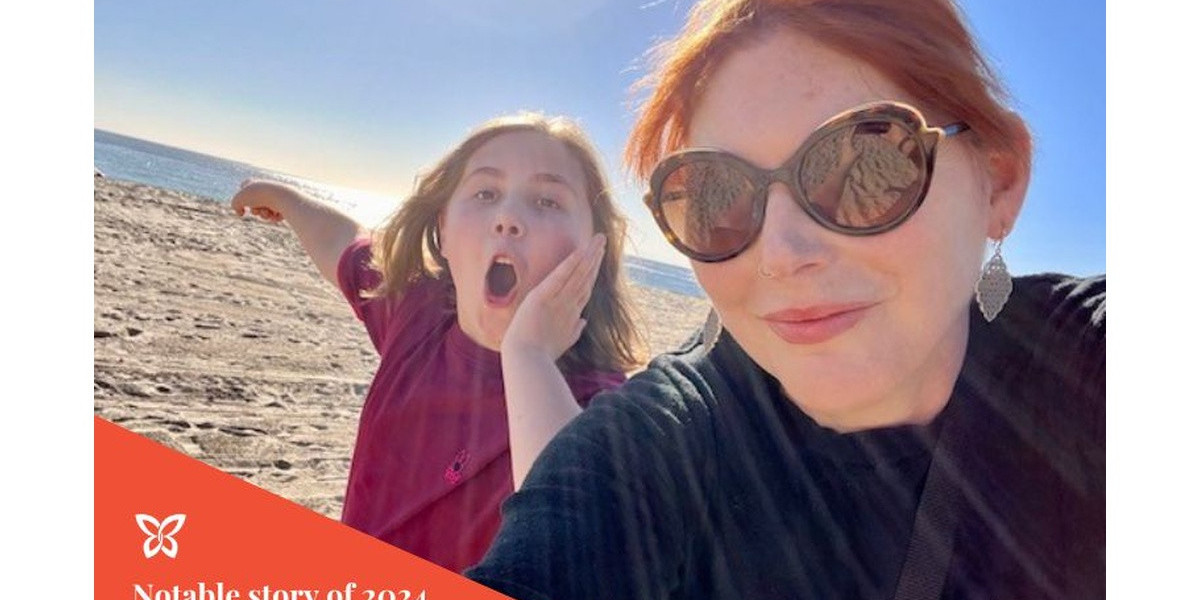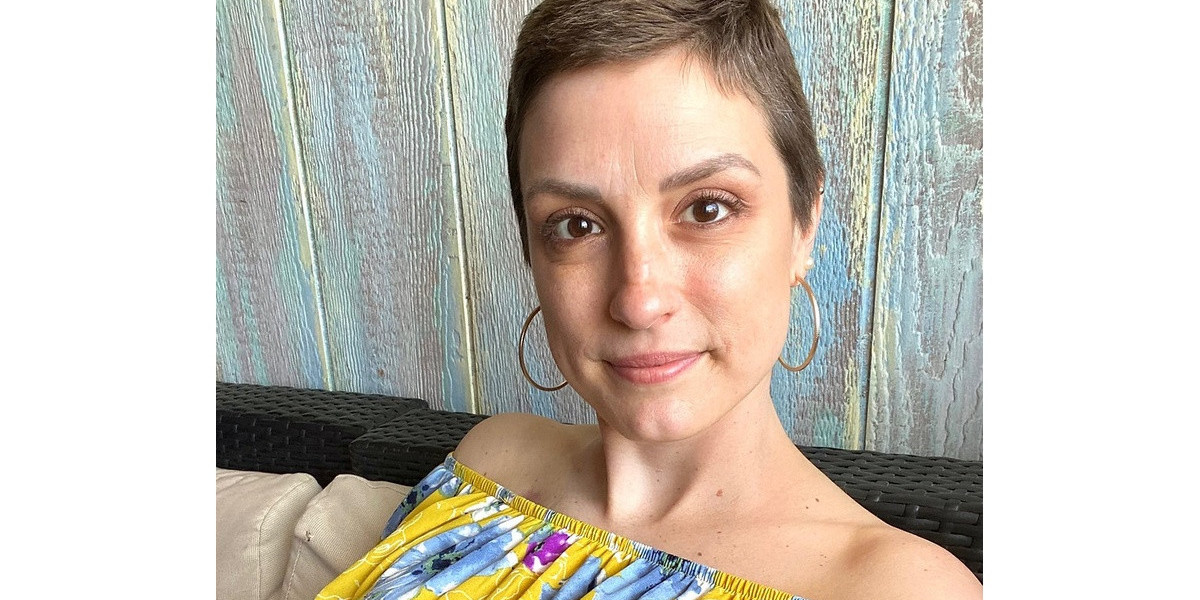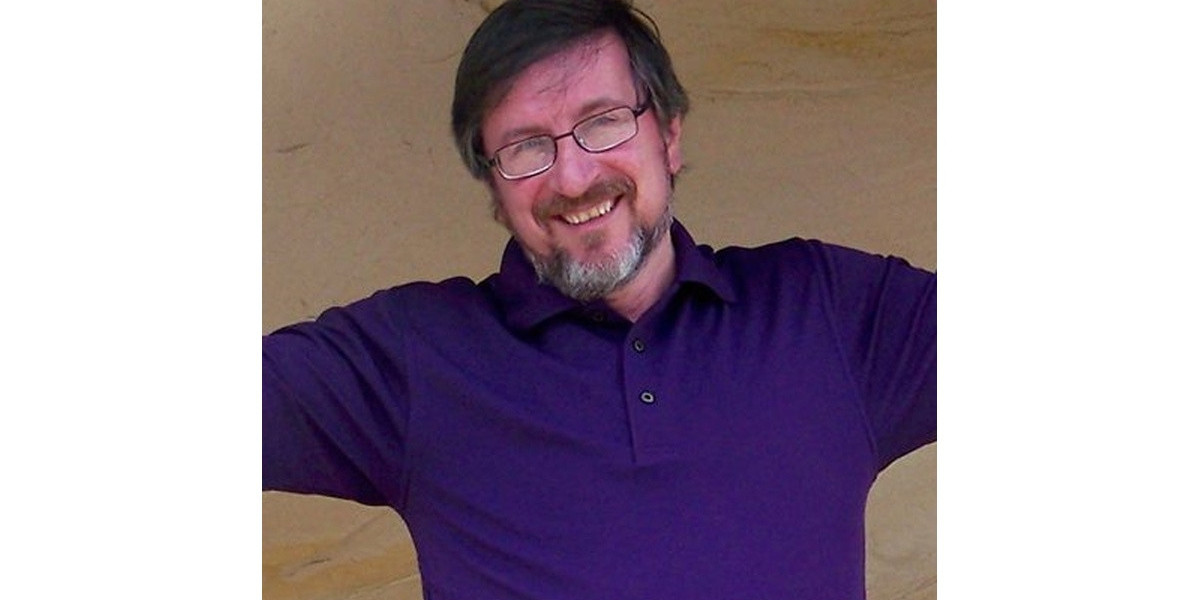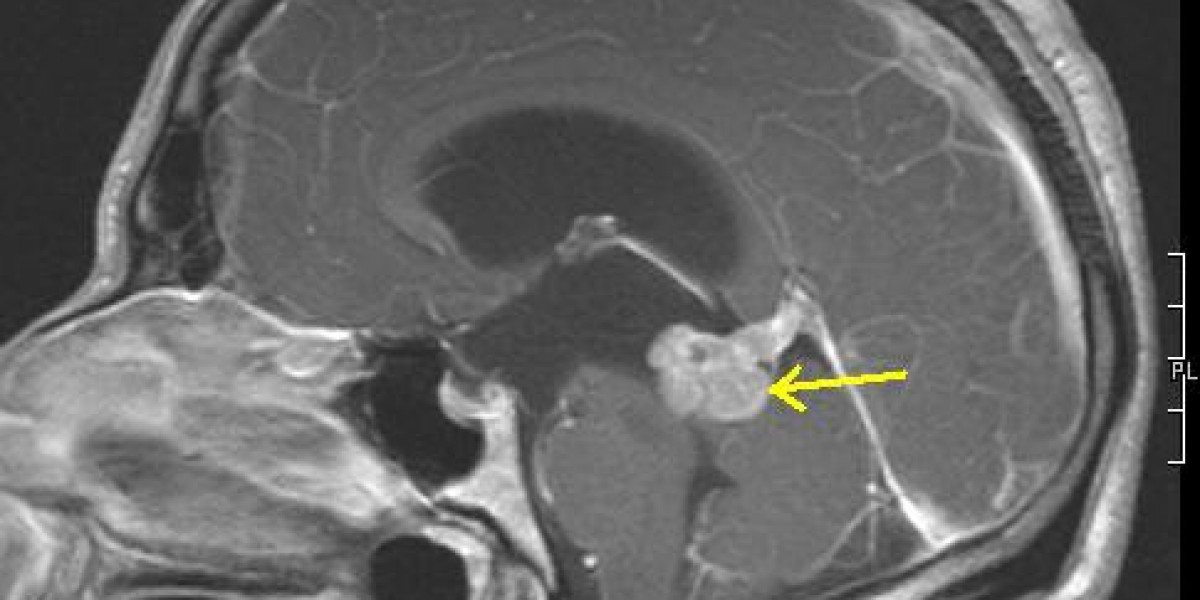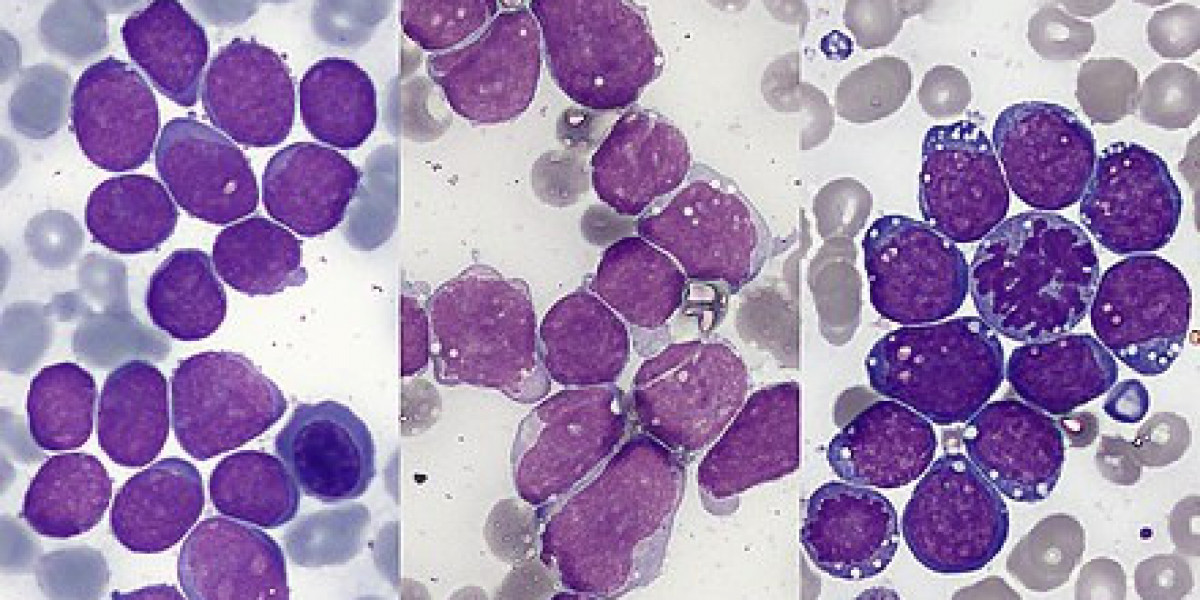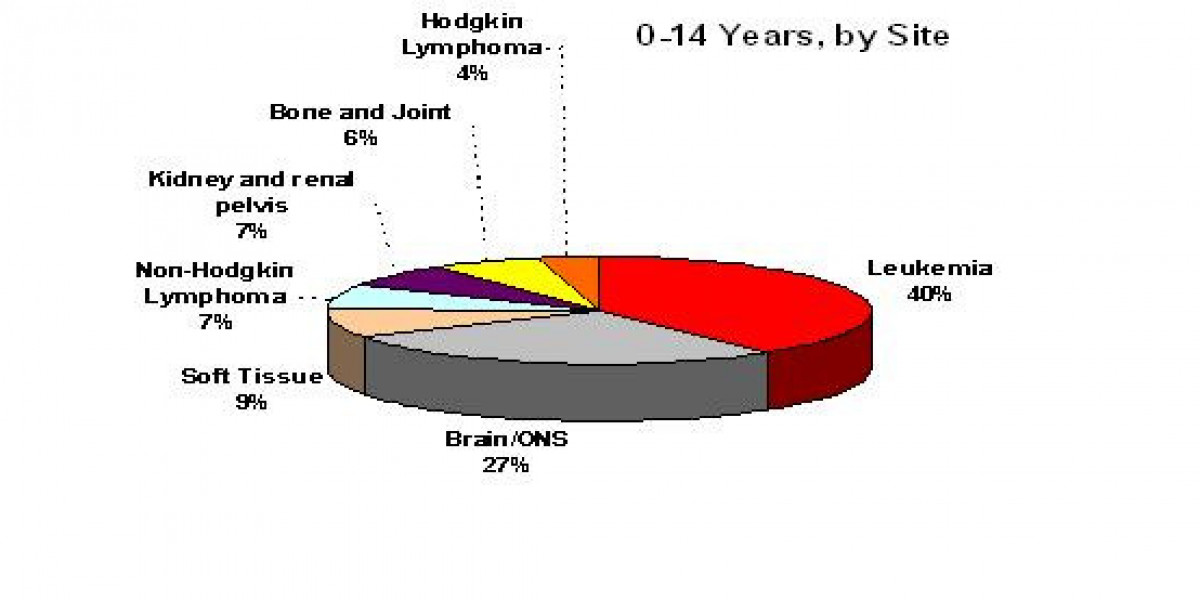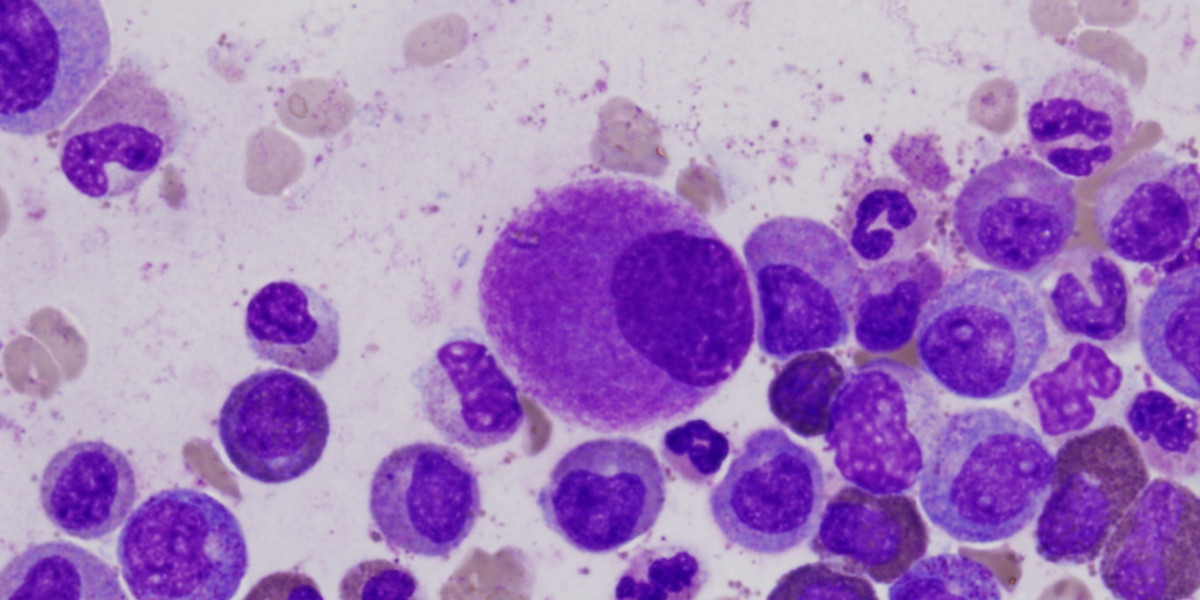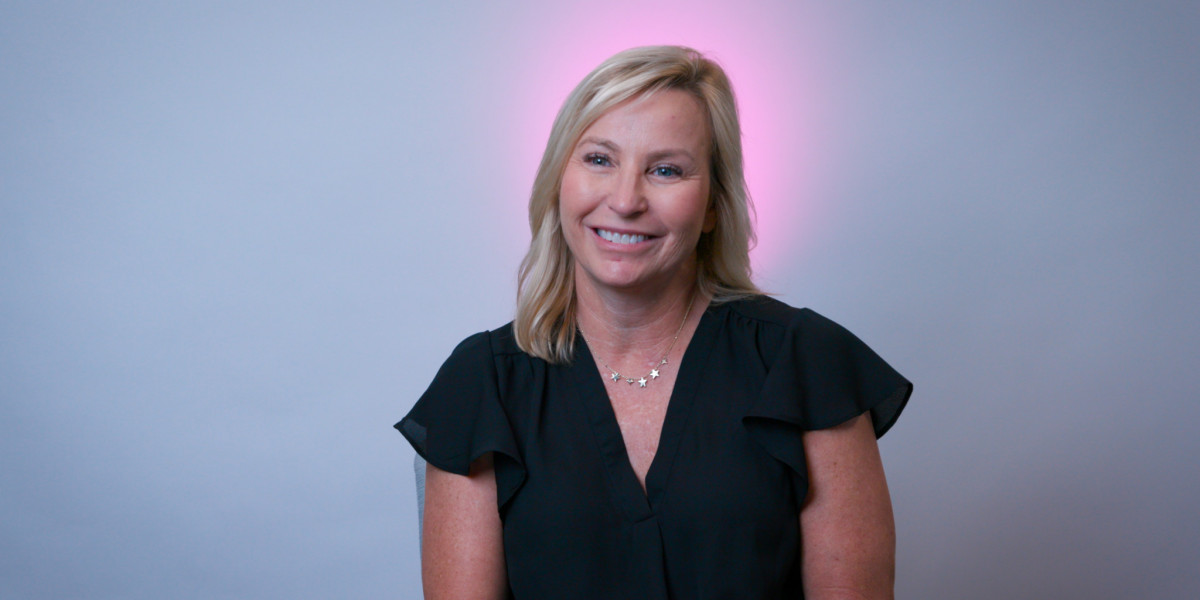Blogs>Facing body image and MBC: A shifting journey
Navigatingbody imageand embracing self-acceptance can be a challenge no matter one’s size, shape, background, or experience.
I am a feminist with a women’s studies degree, married to another woman, who does not pander to the male gaze. Nevertheless, I am still a woman in this society who cannot escape the unrealistic beauty standards imposed on us.
For the first four decades of my life, I lived in a thin, disease-free body. I don’t think that I recognized the privilege inherent in that body until I was no longer thin, no longer disease-free.
In my teens and early twenties, I was very thin, a size 0 or 2. Like nearly every other woman in this society, I could find infinite faults with my body. My arms were too large, my thighs too fleshy, my hips too narrow, my waist too wide. As a college student who took a full load of classes while also working part-time, I was constantly busy and often only ate one meal per day. Law school in my mid-twenties led to a more sedentary lifestyle, with much of my time devoted to reading hundreds of pages of case law nightly, and I was consequently eating fast food between classes. I gained about thirty pounds in those three years, putting me squarely in a “healthy” BMI and a size 6. I maintained this size until the birth of my son in 2012 when I was 34. After he was born, I was able to get down to my pre-pregnancy weight, but after he stopped breastfeeding, the weight started to creep up and then pile on. It felt like my body went haywire, and over the next several years, nothing I did would get me back to where I was or where I wanted to be. I now wonder if this was when my cancer started to grow undetected, amicroscopicassassin wreaking havoc on my body, disrupting my hormones and causing this weight gain.
I was going to the gym regularly, doing BodyPumpand PiYo; I was intermittent fasting and eating a highprotein, low carb diet. I was in good physical shape but still could not reach my ideal weight. Then the pandemic hit, and I exercised less, ate more takeout meals, and drank more wine. By the time I was diagnosed withmetastaticbreast cancer (MBC), I was at my highest weight ever.
In January 2022, when I was first diagnosed withstage II breast cancer. I met with asurgeonimmediately, and we discussedlumpectomyversusmastectomy, as well as port placement in preparation for chemo. I expected hair loss from chemo, surgical scars,fatigue,nausea. I expected that I would look like a cancer patient, that strangers would look at me and immediately recognize what I was going through. I thought that any body image issues I would have related to mydiagnosiswould be related to this image of the cancer patient.
Even though the guidelines did not require one in my case, thankfully, myoncologistwas thorough and sent me for a PET/CT scan. Thescanshowed that my cancer had already metastasized to my bones—I had several spots on my vertebrae and pelvis. I now had astageIV diagnosis. So, I would not have breastsurgery, would not haveintravenouschemo. I would not appear to strangers as a cancer patient.
MBC is not curable, so the goals of treatment change from curing your cancer to keeping your disease from progressing while maintaining the best possiblequality of life. For me, havinghormone receptor-positive cancer meant that my first line of treatment would beoralmedications that target the cancer’shormonereceptors. To the outside world, I would appear healthy—I would not lose my hair, would not look weak, sickly, skinny. As it turns out, I would have weight gain and other body changes instead. My friend Stefanie put it best: People see me getting fatter and grayer and think I’m out here living my best life. There is a strange dissonance in being someone with a stage IV diagnosis, who must take medications that cause many side effects like fatigue,joint pain,anemia,insomnia, brain fog, and a compromisedimmune system, but who presents to the outside world as a healthy person. MBC is in many ways an invisible illness. In addition to people not seeing us as sick, we are often not recognized in the larger breast cancer community. We are the elephant in the room, the thing to be feared and often ignored. Even though breast cancer only kills when it metastasizes to other organs, and even though25-30% of all people with early-stage breast cancer will have a metastatic recurrence, only about 5% of the funding for breast cancer research is dedicated to MBC.
Due to the metastases in my bones, my L2 vertebrae fractured shortly after diagnosis. I was initially in excruciating pain, unable to walk up or down stairs, unable to get into or out of a chair, unable to sleep flat in bed. I was on opioids and steroids. Because I was in so much pain, I was mostly sedentary during that time, losing musclemassand gaining fat. Moreover, due to my cancer being hormone receptor-positive, I was put into medically-inducedmenopause. Forced menopause, along with thehormone therapydrugs I take, caused me to gain even more weight and made any weight loss attempts much more difficult.
Rationally, I can appreciate that the unwelcome changes to my body are a direct result of treatment for my disease. Nevertheless, even with stage IV cancer, I remain preoccupied with my body size and appearance. I am softer, rounder, fatter (and more exhausted) than I have ever been. My vertebral fracture caused height loss, and a visible (to me) deformity in my back. I have darker under eye circles, and my skin is much drier, leading to more fine lines. The pain in my back and joints is ever present.
I know that this is not true, but I think I look more than a decade older than I did prior to my diagnosis two years ago partly because I feel like a fat, hunchbacked old lady, rather than a 40-something mom of a tween. I’m trying to work on this.
I am trying to make healthier choices to impact my energy levels. I’ve started to eat a high fiber, mostly plant-based diet, and I also walk about three to five miles a day (crazy Houston weather permitting). Eating healthier and moving more helps lessen some of my medications’ side effects. My joints are less painful, and I tend to sleep better with more physical activity (although I still do take medications for both insomnia and joint pain). I feel more sluggish on days when I don’t exercise. My weight has gone down a bit, but I still weigh a good 40 pounds more than I’d like.
In photographs, I often do not recognize myself. I have been known to refuse to be photographed below the neck, which considering my diagnosis seems vain and selfish since now more than ever I want to capture memories of my life and adventures. I want my wife and son to be able to look back fondly at photos of us, of me, while I’m still doing well. Objectively, I know that I look okay, even relatively attractive most days. But even when I don’t look great, I know that my family doesn't care, as long as I’m here with them. I’ve also gotten to a point in my life where I honestly don’t care what strangers think about me.
My main struggle is a self-inflicted one. I have always been too harsh on myself. I have come to realize that I would rather be here and be present and do things that I enjoy than be preoccupied with my weight and appearance. I literally don’t have the time to waste. Instead of getting upset when my skinny jeans won’t button, I’ll put on larger pants and move on. I have more important things to worry about.
Since my diagnosis, I have taken this softer, rounder, more exhausted body on road and airplane trips to visit friends and family, on a cruise, to amusement parks (and all the rides), snorkeling, to the zoo, on walks for miles in unfamiliar cities, to concerts both seated and general admission, white water rafting, on hikes, to museums. I’ve gotten tattooed and have gotten fun hair colors.
So, maybe I am out here living my best life, albeit with stage IV cancer! I’m definitely here for a good time, and hopefully a long time. I will drink the wine, will eat the pasta, will exercise when I feel up to it, will enjoy my life with the time I have left.
I will try not to criticize my post-cancer body. I will try to be kind to myself. I will make an effort to be a whole person, in those photos, and with my body.
DISCLAIMER:
The views and opinions of our bloggers represent the views and opinions of the bloggers alone and not those of Living Beyond Breast Cancer. Also understand that Living Beyond Breast Cancer does not medically review any information or content contained on, or distributed through, its blog and therefore does not endorse the accuracy or reliability of any such information or content. Through our blog, we merely seek to give individuals creative freedom to tell their stories. It is not a substitute for professional counseling or medical advice.
Using a breast prosthesis
A breast prosthesis is an optional artificial breast form worn under clothing after mastectomy without reconstruction (going flat). There are also breast prostheses that can add the appearance of volume after lumpectomy.
Going flat
Going flat means choosing not to have breast reconstruction after mastectomy. Aesthetic flat closure is a procedure that can remove extra skin for a smooth, flat look.
Nipple reconstruction
Nipple reconstruction can surgically rebuild a nipple if it has to be removed during mastectomy. Surgeons can create a nipple and areola that look lifelike.
Tissue reconstruction
Tissue reconstruction or flap reconstruction uses tissue from another part of the body to rebuild a breast after mastectomy.
Body image, sexuality, and family planning: LGBTQ+
If you have breast cancer and you’re part of the LGBTQ+ community, you may have unique concerns and experiences when it comes to your body and sense of sexuality, gender, and self.
Body image and breast cancer
Body image is the way you perceive how your body looks. Being diagnosed with, and treated for, breast cancer is one of many experiences that can affect your body image.
Emotional Health
In the days immediately following a breast cancer diagnosis, lots of different emotions can come up. No matter what kinds of emotions you’re experiencing, remember that your emotions are valid.
Wellness & Body Image
A breast cancer diagnosis can bring a flood of feelings about how your life and your body may change. Here, you can learn self-care steps that can help you feel calmer and more supported.
Lymphedema
Understand the causes of breast cancer-related lymphedema, methods to reduce your risk and to identify lymphedema early, and treatments to manage it.
Dating during and after breast cancer
The thought of dating after breast cancer diagnosis and treatment might make you nervous, exhilarated, cautious or curious. And you may feel all those at the same time!
Sign up to receive emotional support, medical insight, personal stories, and more, delivered to your inbox weekly.
We'll send support straight to your inbox.
Lauren Izzo
Tagged:
Was this page helpful?
Living Beyond Breast Cancer is a national nonprofit organization that seeks to create a world that understands there is more than one way to have breast cancer. To fulfill its mission of providing trusted information and a community of support to those impacted by the disease, Living Beyond Breast Cancer offers on-demand emotional, practical, and evidence-based content. For over 30 years, the organization has remained committed to creating a culture of acceptance — where sharing the diversity of the lived experience of breast cancer fosters self-advocacy and hope. For more information,learn more about our programs and services.
Living Beyond Breast Cancer
40 Monument Road, Suite 104
Bala Cynwyd, PA 19004
©2025 Living Beyond Breast Cancer
Originally published on The Patient Story: https://www.lbbc.org/blog/facing-body-image-and-mbc-a-shifting-journey
